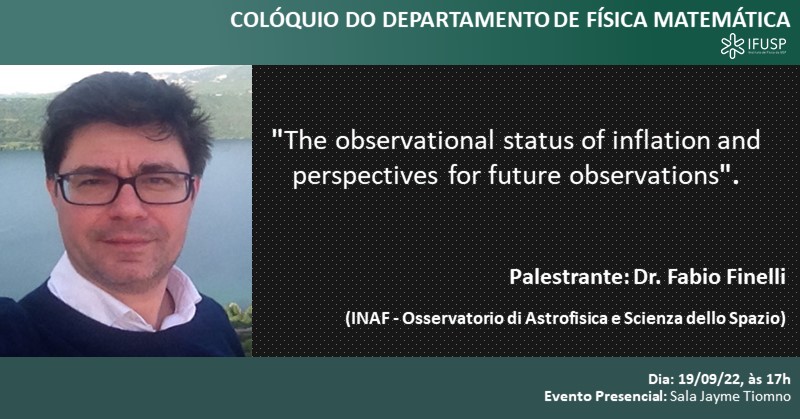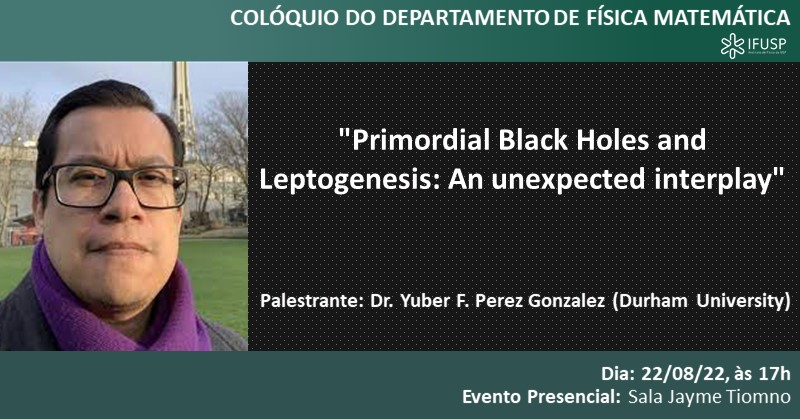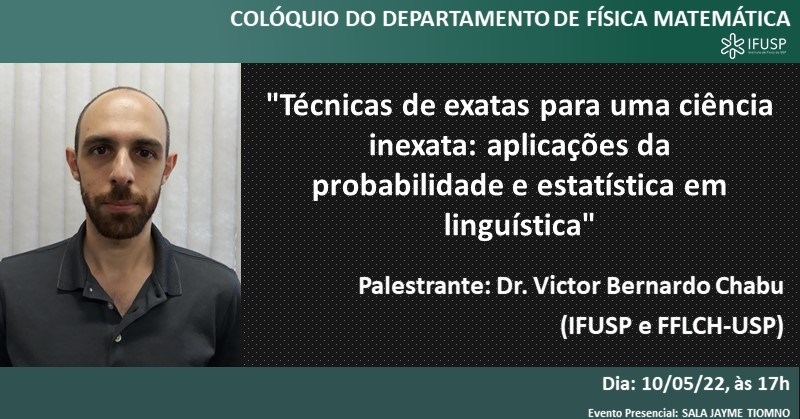
Sumário: O modelo hierárquico de Dyson N-vectorial é um sistema clássico de spins sobre uma esfera N-dimensional, com simetria
O(N), residindo em uma rede d-dimensional, e cujas interações ferromagnéticas estão organizadas em níveis de hierarquia. Quando N
é grande este modelo se aproxima do modelo esférico de Berlin e Kac, introduzido no início dos anos 50. O modelo esférico é o mais simples
exatamente analisável que exibe transição de fase (do tipo condensação) se d>2. Devido aos resultados obtidos por Molchanov e
colaboradores no modelo hierárquico esférico, válidos em qualquer temperatura recíproca \beta, incluindo a crítica, o limite
N\rightarrow \infty propicia uma ferramenta bem conhecida e um laboratório útil para descrever as leis limite da magnetização
(variável de spin total) por grupo de renormalização. Outra peculiaridade está relacionada ao teorema de Lee-Yang, um importante
instrumento para o estudo rigoroso dos fenômenos críticos. O enunciado do teorema clássico assume interações ferromagnéticas quaisquer
e sua versão para o modelo N-vetorial é demonstrada somente se N=1, 2 e 3. Existe, porém, uma prova deste teorema devido a Kozitsky para interações
ferromagnéticas hierárquicas válida para todo $N$ inteiro \geq 1.
Em colaboração com William R. P. Conti (Unifesp-Santos) revisitamos alguns tópicos levantado em um preprint de 2008 (arXiv:0804.2704):
"Hierarchical spherical model as a `viscosity limit' of corresponding Heisenberg model" . A função de partição do modelo N-vectorial pode ser
limitada, por cima e por baixo, pela função de partição do modelo esférico. As expressões deduzidas pelo método de ponto de sela são
uniformes nas dimensões do hipercubo L^{d} básico, quando a escala L no limite em que tende a 1, cunhado por Felder como
"aproximação de potencial local". Neste limite, a transformação de grupo de renormalização para o modelo N-vectorial é
governada por uma equação diferencial parcial (semilinear parabólica)de Polchinski e quotas superiores e inferiores para a função de
partição fornecem sub e super soluções explícitas para sua trajetória.











